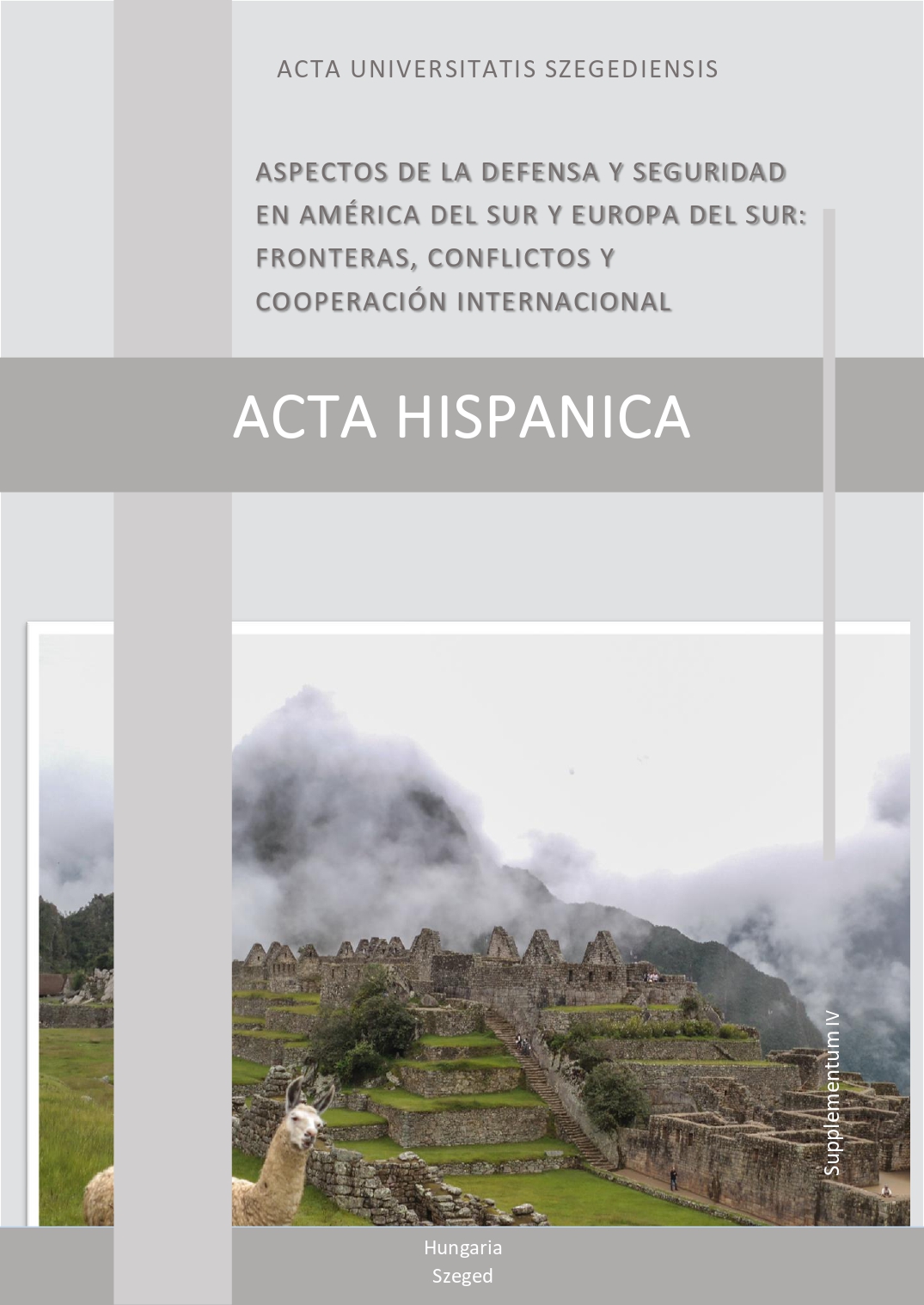The Radicalization of the Political Right: a Contemporary Analysis of Brazil's Social Liberal Party and Italy's Northern League
Main Article Content
Abstract
This article examines the success of far-right political parties in European and Latin American countries, addressing a series of questions related to the explanations behind the popularity of the Social Liberal Party (SLP) in Brazil and the Northern League (NL) in Italy. A comparative analysis was carried out, focusing on the relationship between the discursive positions assumed by the parties and their leaders. The findings suggested that the SLP and LN parties share similar ideological characteristics. Although these parties detach themselves from traditional notions associated with extremism such as fascism and anti-Semitism, like contemporary political parties, they seem to replace these elements with other radical ideas. Based on these results, it is argued that PSL and LN are based on the greater vulnerability of people by pointing to the 'threat of the Other', focusing on certain social, political, and economic challenges (for example, migration, security, social inequality, etc.), which determined their electoral success in the last national elections.
Downloads
Article Details
References
Betz, Hans (2013). The New Front National: Still a Master Case?Recode, 30. Asequible en: http://www.recode.info/wp-content/uploads/2014/01/Final-RECODE-30-Hans-Georg-Betz_Final_fin.pdf, fecha de consulta: 06-12-2021.
Betz, Hans–Johnson, Carol(2004). Against the current -stemming the tide: the nostalgic ideology of the contemporaryradical populist right.Journal of Political Ideologies, 9(3). 311-327.
Betz, Hans (2001). Entre succès et échec: l'extrême droite à la fin des années quatre-vingt-dix. En: P. Perrineau (ed.).Les croisés de la société fermée: L'Europe des extrêmes droites. La Tour d'Aigues: l'Aube.
Berger, John –Strathearn, Bill. (2013). Who Matters Online: Measuring Influence, Evaluating Content and CounteringViolent Extremism in Online Social Networks.Asequible en: https://icsr.info/wp-content/uploads/2013/03/ICSR-Report-Who-Matters-Online-Measuring-influence-Evaluating-Content-and-Countering-Violent-Extremism-in-Online-Social-Networks.pdf, fecha de consulta: 13-03-2022.
Comparative Study of Electoral Systems (CSES). CSES.Asequible en: http://www.cses.org/, fecha de consulta: 12-09-2021.
Eatwell, Roger (2003). Ten Theories of the Extreme Right.En: Peter H. Merkl-Leonard Weinberg(eds.).Right-Wing Extremism in The Twenty-First Century.London: Frank Cass Publishers. 46-70. DOI: https://doi.org/10.4324/9780203497913
Eatwell, Roger (2000). The Rebirth of the Extreme Right in Western Europe.Parliamentary Affairs, 53(3).407-425.DOI: https://doi.org/10.1093/pa/53.3.407
European Election Database (EED). European Election Database. Asequible en: https://nsd.no/european_election_database/, fecha de consulta: 10-09-2021.
Goodwin, Matthew –Ramalingam, Vidhya –Briggs, Rachel (2012). The New Radical Right: Violent and Non-Violent Movements in Europe.Informe de Políticas. London: Institute for Strategic Dialogue. Asequible en: https://www.academia.edu/1572331/The_New_Radical_Right_Violent_and_Non-Violent_Movements_in_Europe, fecha de consulta: 10-10-2021.
Inventario de datos de América Latina (2021). Asequible en: https://openelectiondata.net/es/inventory/, fecha de consulta: 10-09-2021.
Ignazi, Piero (2017). Sartori’s party system typology and the Italian case: the unanticipated outcome of a polarised pluralism without anti-system parties. Contemporary Italian Politics, 9(3).262-276.
Jens, Rydgren (2005). Is extreme right-wing populism contagious? Explaining the emergence of a new party family.European Journal of Political Research,44 (3). 413-437.
Judis, John (2016). The Populist Explosion -How the great recession transformed American and European politics.New York: Columbia Global Reports.
Kitschelt, Herbert (2007). Party Systems.En:Boix, Carles –Stokes, Susan (eds.). Handbook of Comparative Politics.Oxford: Oxford University Press.
Klausen, Jytte (2015). Tweeting the Jihad: Social Media Networks of Western Foreign Fighters in Syria and Iraq.Studies in Conflict and Terrorism, 38(1). 1-22.
Malone, John (2014). Examining the Rise of Right-Wing Populist Parties in Western Europe.College of Saint Benedict/Saint John's University.Tesis honorifica, 1963–2015. 45.
Lega Nord (2018). Programma Lega Salvini Premier. Asequible en: https://www.leganord.org/component/phocadownload/category/5-elezioni?download=1514:programma-lega-salvini-premier-2018, fecha de consulta: 01-04-2022.
Mudde, Cas –Kaltwasser, Cristobal (2013). Exclusionary vs. Inclusionary Populism: Comparing Contemporary Europe and Latin America.Government and Opposition,48. DOI: https://doi.org/10.1017/gov.2012.11
Mudde, Cas (2010). The Populist Radical Right: A Pathological Normalcy. West European Politics, 33(6).1167-1186. DOI: https://doi.org/10.1080/01402382.2010.508901
Mudde, Cas (2007). The Populist Radical Right in Europe.Cambridge: Cambridge University Press.
Mudde, Cas –March, Luke (2005). What's Left of the Radical Left? The European Radical Left After 1989: Decline and Mutation. Comparative European Politics,3(1). 23-49. DOI: https://doi.org/10.1057/palgrave.cep.6110052
Pupovac, David (2015). The Radical Right in Policy Space: A Comparative Analysis of Radical Right Parties in Eastern and Western Europe.Tesis de doctorado. CEU. Asequible en: www.etd.ceu.hu/2016/pupovac_david.pdf, fecha de consulta: 05-12-2021.
Social liberal Party (2018). Plano de governo Jair Bolsonaro.Asequible en: https://flaviobolsonaro.com/PLANO_DE_GOVERNO_JAIR_BOLSONARO_2018.pdf,fecha de consulta: 01-04-2022.
Solano, Esther–Bringel, Breno –Álvarez-Benavides, Antonio (2021). Las derechas radicales contemporáneasen Brasil (y América Latina): aprendizajes y desafíos para las izquierdas. Una conversaciónconencrucijadas. Revista Crítica de Ciencias Sociales, 21(2).
Van der Brug, Wouter (2001). Analysing Party Dynamics by Taking Partially Overlapping Snapshots.En:Michael Laver(ed.). Estimating the Policy Positions of Political Actors. Londres: New York: Routledge. 115-133.





